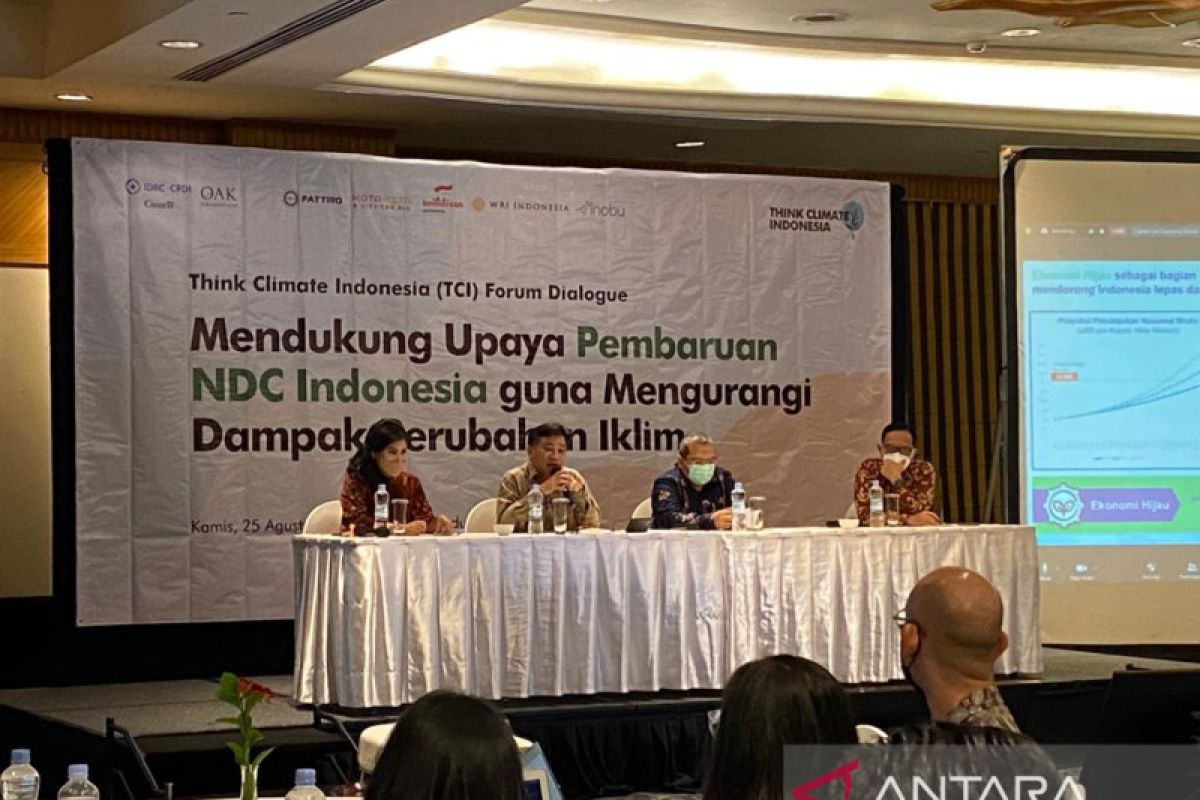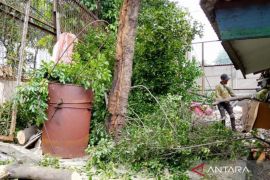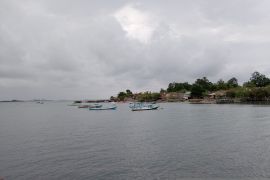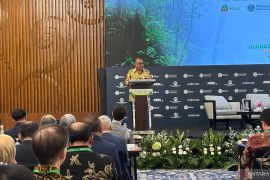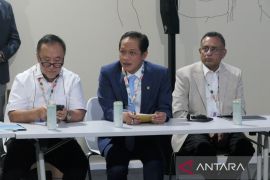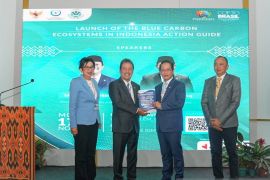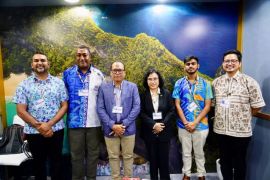At the “Think Climate Change Indonesia (TCI) Forum Dialogue,” which was followed online from Jakarta on Thursday, Dharmawan said that research, including on climate change, could help produce technology and develop actions and programs.
"Research must have high applicability. This means that the research we do must be in accordance with existing conditions, both in the community and in the private sector and other groups," the researcher from BRIN’s Ecology and Ethnobiology Research Center said.
He cited several examples, such as studies on reducing impact logging, specifically a logging system that is more environmentally friendly and uses data and information on forest use areas that can be used by various parties.
In addition, research must also consider the factors of efficiency and effectiveness as well as compliance with national policies and regulations.
Not only that, research studies in the field of climate change, especially those that involve direct contact with the community, need to consider sociocultural acceptability at the site level.
"Because to consider the sustainability of an activity, research is very important," he said.
Like in the process of forest and land rehabilitation, research is not only needed for ensuring the suitability of vegetation with existing ecosystems, but also determining factors for use by the community to ensure the sustainability of the process.
Dharmawan explained that BRIN has conducted several pieces of research that have contributed to the achievement of Indonesia's climate targets, such as in the forestry sector, where the focus has been on silviculture, plant breeding, and measurement and monitoring of carbon sequestration.
BRIN has also conducted research in the energy, industry, and transportation sectors, such as on cars and electric motorcycles.
It has also carried out research in the waste sector, he noted.
The horticulture and plantation sector has great potential for helping overcome climate change, head of BRIN’s Horticulture and Plantation Research Center, Dwinita Wikan Utami, said earlier.
"Precise horticultural cultivation will reduce emissions intensity while increasing plantation production and quality," she explained.
Meanwhile, the development of plantation crops on degraded land can increase land carbon absorption and help meet the increasing global demand for plantation commodities.
Utami noted that carbon is an element that has unique characteristics. During the cycle, carbon in the atmosphere is absorbed by plants through the process of photosynthesis and stored in the form of biomass and organic material in the soil, including peat.
Later, carbon is released back into the atmosphere due to deforestation, decomposition of organic matter, and land fires, she added.
Planting plantation crops that have high carbon density on land with low organic carbon content is an effective way to reduce the concentration of carbon in the atmosphere, she said.
Related news: Indonesia shows improvement in green economy trend: Ministry
Related news: Forestry accounts for largest share of emission reduction target
Translator: Prisca T, Azis Kurmala
Editor: Rahmad Nasution
Copyright © ANTARA 2022
